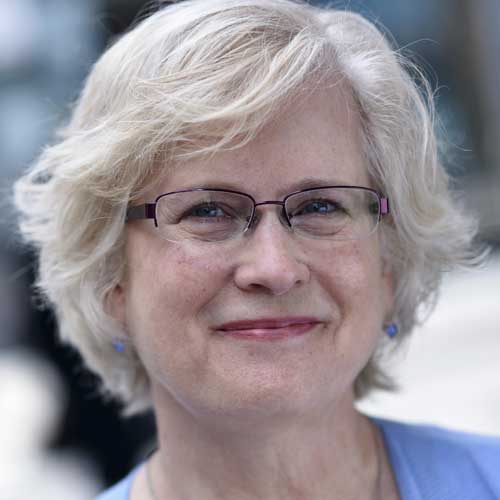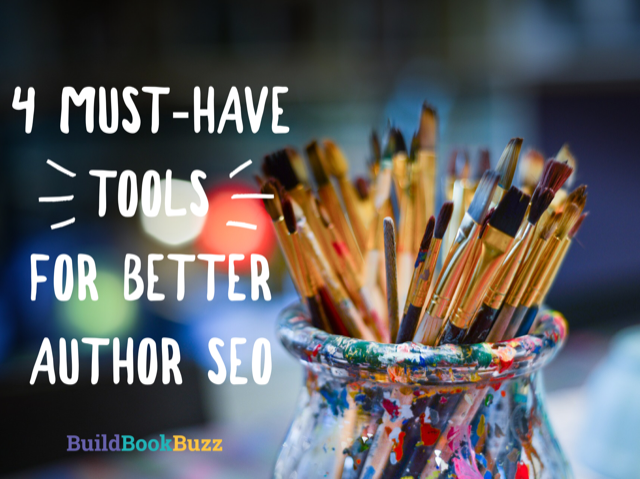Earn more by translating your book
Jen Minkman writes young adult fiction. In her home country, the Netherlands, she is published by Ellessy and Storm Publishers. Across the border, she self-publishes her work in English. Jen currently works and resides in The Hague, the “second capital” of Holland, with her husband and two noisy zebra finches. Learn more on her site.
Earn more by translating your book
By Jen Minkman
Indie writers don’t always realize that a finished novel is in fact a very multifaceted product. You can publish it as an e-book, arrange for a paperback edition to be created through a POD service so you don’t have any upfront costs, or even get a narrator to turn it into an audiobook for you. This way, one single story can become three separate products catering to different audiences.
What if you want to take it one step further and publish the same book in different languages? Where to start?
Some indies have successfully sold the rights to their books abroad, with the help of foreign agents or by e-mailing publishing houses directly. Getting an expert in the field to advise you on selling rights can be tremendously helpful, but finding one in the first place is tricky. Unless you’ve already sold thousands — if not millions — of books, agents may not be interested in working with you because they only get paid when they sell rights to your book – and a gem of a book without a convincing sales track record may be a hard sell for them.
Global book fairs
One of the ways to get your book noticed is by sending it to a big book event such as the American Book Expo or the Frankfurt Book Fair. Smith Publicity offers slots in multi-author booths to display your books and you don’t even need to be there physically (although that certainly helps). Getting your book into an exhibition booth doesn’t come cheap, unfortunately.
Authors who write in a popular genre of fiction (such as thrillers or romance) often take the plunge and find their own translators to self-publish in countries where e-books are popular. Romance writer Courtney Milan, for example, hired a German translator for her historical romance books and shouldered the upfront costs herself, investing in her future as an internationally successful author.
For many authors, this may not be feasible due to a combination of high financial costs and an uncertain return on investment. The easiest way to break into a foreign market is by doing your own translations if you can and test the waters that way. This is what I did in 2012 – I am trade-published in Holland but translated my own books into English from Dutch to expand my horizon.
Working with a translator
Since I am not what agents call a “bestseller” (yet!), I made my first foray into the German e-book market two years later by paying my own translator. After that, I also found a French translator (on oDesk) and paid her an upfront fee as well. So far, the French e-book hasn’t seen much love, but the German book has been selling fairly well for a young adult dystopia
n book. I haven’t earned out my investment yet, though.
About a half a year ago, I found out about a new website called Babelcube, which matches indie authors and translators who would like to work together and split royalties on books sold. For indie authors who don’t have the funds to finance their own  translations, this is a brilliant idea, since it enables them to dip their toe into foreign markets and see what sells well on its own and what needs a lot of promotion, without spending anything upfront. So far, my books have been translated into Italian, Spanish, Portuguese, and Afrikaans, and some of them have started to take off without any promotional effort whereas others need a bit of a push.
translations, this is a brilliant idea, since it enables them to dip their toe into foreign markets and see what sells well on its own and what needs a lot of promotion, without spending anything upfront. So far, my books have been translated into Italian, Spanish, Portuguese, and Afrikaans, and some of them have started to take off without any promotional effort whereas others need a bit of a push.
I see a lot of potential in selling my books in other languages. Is it a good fit for yours? You won’t know until you try.
Have you thought about doing this? What do you think is your biggest obstacle?

Subscribe to the free Build Book Buzz newsletter and get the free special report, “Top 5 Free Book Promotion Resources,” immediately!








Hi Jen,
Thanks for sharing this info about translating our books. I’ve thought of it, but haven’t taken the leap.
With Babelcube as a way to get a translation without upfront money, this is now doable. I look forward to exploring a project with them.
It doesn’t seem like there’s much risk to it, Flora. It’s intriguing!
Sandy
I do see some risk, and disagree with you to some extend, Sandra. Although the risk is on the translator’s side. Going through a platform like Babelcube, means that a translators teams up with someone who’s a total stranger. Yet a royalty split deal is based on trust between both sides. That’s not given when you work with a total stranger.
The author gets the sales figures and the translator runs practically blind, depending completely on the information of the author in regards of royalty profit.
Now, I don’t want to say that every authors is cheating the translator but it does happen because we don’t live in a perfect world.:(
I do currently a royalty split with a known author but we learned to trust each other and that’s a different issue. Going through impersonal platforms like discussed here, is (from the translator’s view) playing roulette with your income. At least that’s the way I see it.
Hans
Hans, your concerns are legitimate but don’t apply in situations where authors work with Babelcube. Because that company puts the book into distribution in the appropriate countries, it has the sales reports and income and distributes royalties accordingly. So any trust issues will be between the author and Babelcube, and the translator and Babelcube, but not the translator with the author.
Sandy
Thanks for your correction, Sandra. Apparently I wasn’t properly informed. I may go and have a look at Babelcube. 🙂
Hans
Hi Hans
I translate for some authors on Babelcube and did have to take the risk. I started to work there on April 2015 and it’s currently October 2015. Currently I have not received any payment and not only that but I can see where the books I translated are selling on Amazon Spain, but I don’t see the sales reflected on the Babelcube page for monthly sales reports. All of the short stories I translated for an author have been selling well. One has more than two million books sold on Amazon and I have yet to see any payment. I am thinking about finishing up my current contracts and that’s it. I can’t continue to work for free. I am going to sign up with sites where I get paid up front.
Thanks, Flora! I hope you’ll find a good translator to work with over there 🙂
every country have own language so it is easy way to reach the reader of every country and become popular book must be translated in to regional language.
Thanks, Pradeep. It seems like you can expand your sales potential quite a bit by making your books available in other languages, but what sells in one country might not sell in another, so it probably makes sense to do a little research on preferences first.
Sandy
I wish I knew I could trust the translator. I’m completely bilingual in written and spoken Spanish. I write my own English and Spanish versions of my children’s books. There is such a difference in localization within the Spanish language itself that although I lived in Spain, I’m careful to avoid certain words and idioms that may be actually offensive in another native Spanish speaking environment. In addition, translating a book may miss the color and mood included in the original writing. I do a Spanish version, so I can allow for necessary modifications to keep the same spirit alive in both versions. I have translated children’s books for authors that are bilingual yet lack confidence in their writing skills. It is a matter so personal that I would caution anyone who wants their work in print in another language. I would love to expand my language exposure, but I hesitate to trust someone else with my “babies”.
I understand what you’re saying, Ann. It sounds like a topic that an author talking to a translator should address with that translator, but I wonder if there really is any solution.
Sandy
Sandra and Ann, there is no complete solution to it, but Joanna Penn (The Creative Penn), a New York Times Bestseller author deals with translation in languages she doesn’t speak herself. She elaborates about her experience on her blog, and there is some sort of procedure — call it sort semi-solution — pointed out. The link to this blog section is as follows:
http://www.thecreativepenn.com/2014/07/11/german-translation-desecration-verletzung/?utm_source=feedburner&utm_medium=email&utm_campaign=Feed%3A+TheCreativePenn+%28The+Creative+Penn%29
She has some of her books translated into German, Italian, and Spanish. The experience she talks about on her blog include her latest experience with German. However, the issues are the same for everybody, and in any foreign language. 🙂
Ann, maybe her way of dealing with it could help you to overcome your ‘protective’ side for your “babies”, as you call them.
At some point you have to let go if you want them publish4ed in a different language. 🙂
Hans
Thank you, Hans!
Sandy
BTW, Question to you Sandra … How do I get an image (avatar) on this blog, so I don’t hide here as an “unknown face”?
Hans
Hans, I think this will do it: https://en.gravatar.com/
Sandy
I have a book archived on Amazon.com in English that I am presently having translated, through a Babelcube translator, into Spanish. My question is, once the translation is finished and goes into publication, where is it showcased? On Amazon books?
If you’re the publisher, that’s your decision. Upload and sell it wherever you want, including specific Amazon country sites. (If you’re not the publisher, that company will have to do it for you.)
Sandy